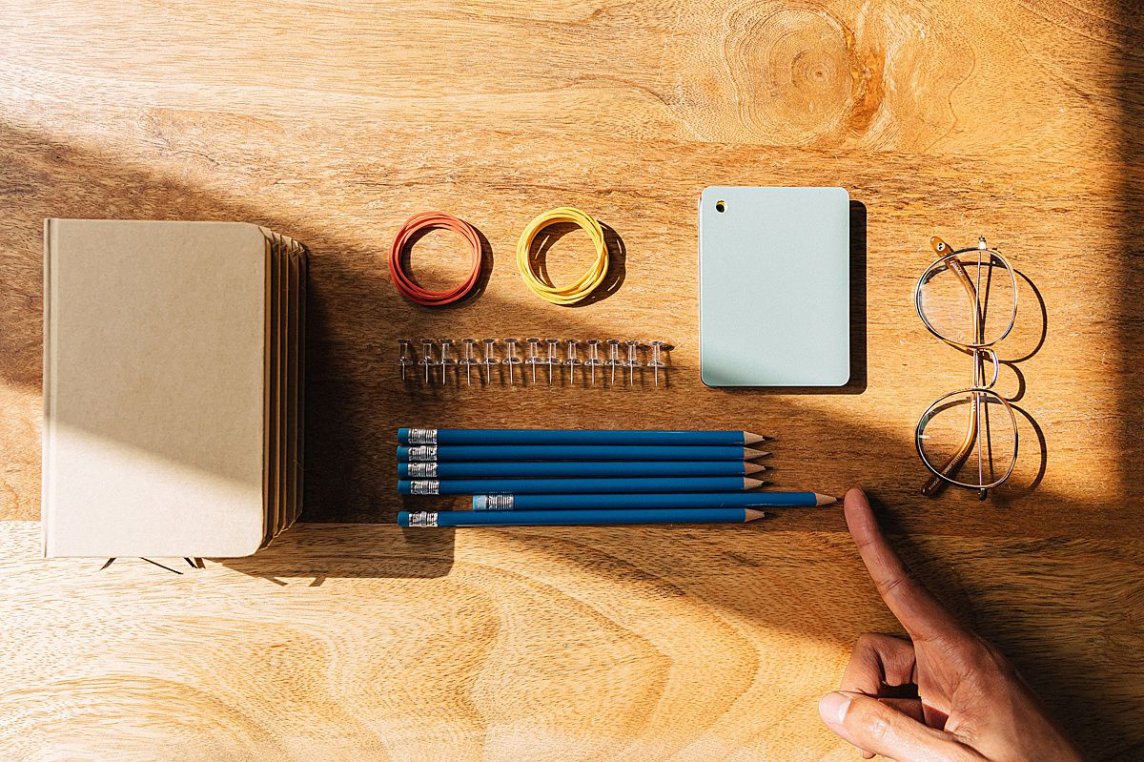The Courage to Accept Our Imperfections

“I still have time” “I’ll do it later” Those are two sentences that should be familiar to anyone hiding behind perfectionism. Let’s decipher them. They actually mean: “I don’t feel I’m capable of doing it masterfully, so I’ll just postpone it until the very last minute” and “I don’t want to do it at all. Is ‘never’ a possibility?” Procrastination leads to a sense of panic and paralysis. It is a cycle all too familiar for perfectionists. During quarantine, we might feel a sense of trying to have everything in order - or as much as we can inside our homes - to regain a sense of control that has been lost due to unforeseen circumstances. It is an understandable reaction.
“I still have time”
“I’ll do it later”
Those are two sentences that should be familiar to anyone hiding behind perfectionism. Let’s decipher them. They actually mean: “I don’t feel I’m capable of doing it masterfully, so I’ll just postpone it until the very last minute” and “I don’t want to do it at all. Is ‘never’ a possibility?”
Procrastination leads to a sense of panic and paralysis. It is a cycle all too familiar for perfectionists. During quarantine, we might feel a sense of trying to have everything in order - or as much as we can inside our homes - to regain a sense of control that has been lost due to unforeseen circumstances. It is an understandable reaction.
Perfectionism comes from a fear of the judgment or judgments individuals have about themselves. Before the world came to a standstill, we thought that if we could not do everything and do it perfectly, we would not do anything at all. As perfectionists, we became paralyzed by anxiety. After that, we experienced shame. It constantly reminded us of the tasks that were not done, only reinforcing our perfectionism. And then, the cycle would start all over again.
Take this moment in time to practice allowing yourself not to have all the answers, not to have to be the most responsible version of yourself at all times. We are all experiencing something unprecedented. Be kind, be gentle, be understanding with yourself.
Here is the silver lining: cycles can be reversed in the same cyclical way.
When we free ourselves of the notion that we have to give 100 percent to everything that we do, we can embrace the courage it takes to be human. To make mistakes. To not have everything we do be a masterpiece. That is not a failure. As a matter of fact, it is a part of life. Therefore, the first step is to consciously lower our expectations.
Disrupting the all-or-nothing mentality that perfectionism requires to survive is fundamental to move out of this cycle. Especially now.
So, after you have become content with “good enough for now,” break down tasks into smaller pieces. This makes us feel a sense of accomplishment as we cross them off our lists. No task is too small. Sometimes being able to cross “made my bed this morning” or “got done with the kids’ homeschooling today” off the list, already sends a positive message to our brain.
A simple technique for perfectionists to get a task done is the following:
- Choose a task you’d like to get done. It does not matter what it is, as long as it is something that needs your full attention.
- Set the timer for 25 minutes and devote only 25 minutes to this task.
- Work until the timer goes off. If another task pops into your head, simply write it down and return to the task at hand.
- Put a checkmark next to your task after the timer goes off.
- Take a short break. 5 minutes or so.
- After 1 hour, take a longer break for about 20 or 30 minutes.
My fellow recovering perfectionists: how would your life be if you were able to accept your “imperfections”? Who would you become? Send me an email and let me know. I would love to read your thoughts on this topic.
Eric Faria helps people who hide behind perfectionism find the courage to make mistakes and increase their self-esteem with confidence. He produces and hosts the TV Show I AM with Eric Faria, available on YouTube. The show is also a podcast on Apple Podcasts and SoundCloud. Send him an email via ericfaria@icloud.com.







